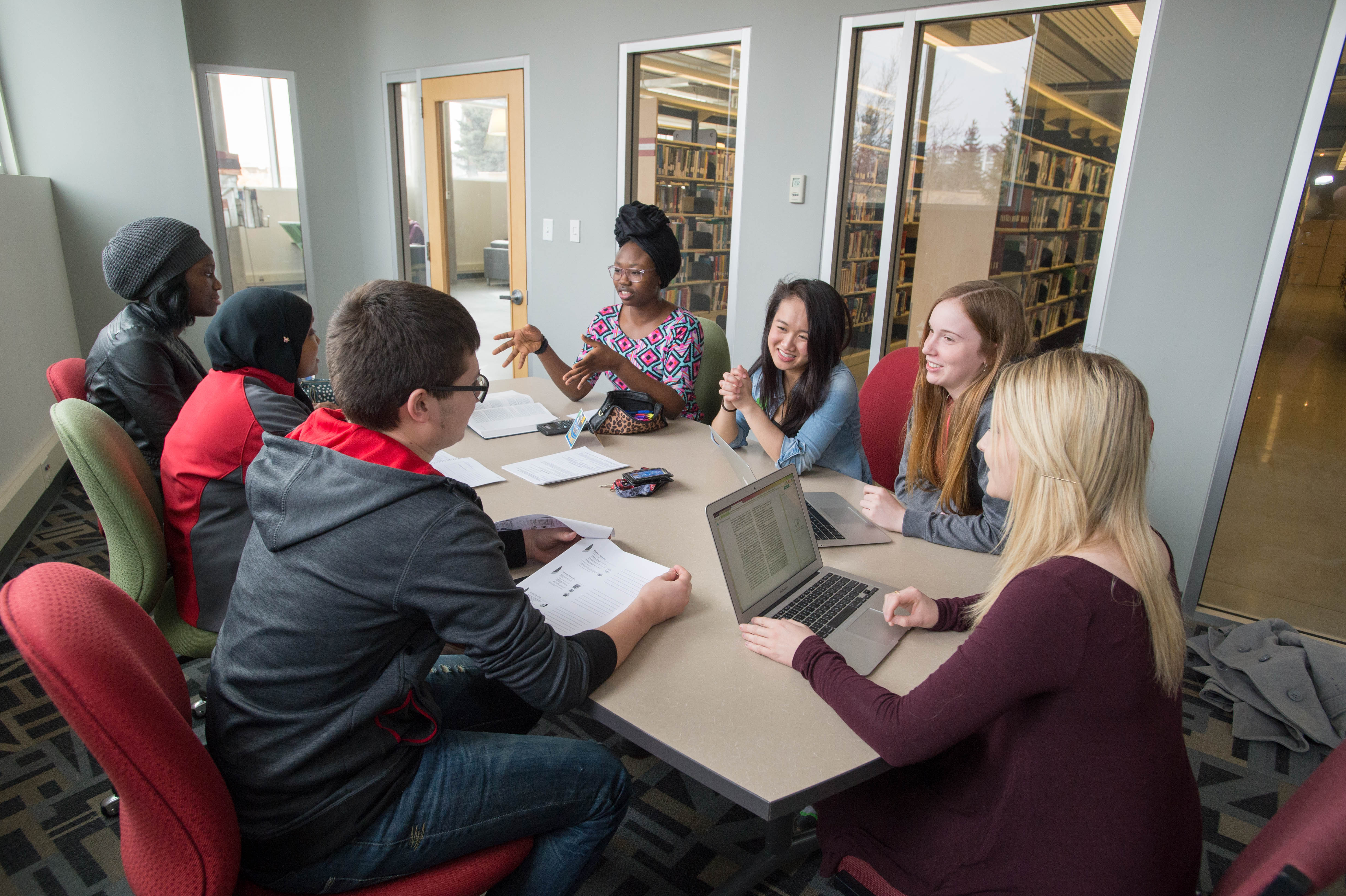New sustainability course will investigate the conflicts between humans, economies, governments and the natural environment
Undergraduate students who want to expand their knowledge of sustainability have an exciting new course option.
SUST 300: Topics in Sustainability, an elective available to students across faculties and departments, will launch in the 2023 fall term. It has no prerequisites.
While the subject matter of SUST 300 may vary depending on the semester and the instructor, the topic for the 2023 fall term is “Environmental Conflict and Social Ecological Systems.”
Students will grapple with questions such as: Who should have the right to benefit from natural resources? How can we create policies that balance protecting the environment with maintaining our economies? What do we do when different cultural ideas about stewarding the environment come into conflict?
We talked to course instructor Monica Gruezmacher Rosas about her background and her research interests as well as what students can expect from the course.
How did you become interested in environmental conflicts?
I am originally from Colombia, and I have a background in biology from a previous life there. I did a lot of work in Colombia as a policy advisor working for NGOs, for civil society, and also with international development organizations like the World Wildlife Fund and the International Union for Conservation of Nature. I did a lot of work in the Amazon region — and, dealing with environmental issues in a place surrounded by environmental, social and political conflict, I became interested in exploring human/nature relationships. They’ve been at the core of my work since the beginning.
What kinds of human/nature conflicts will you explore in SUST 300?
We will look at case studies, some of which come directly from my own work and experience.
For example, a large part of the Amazon in Colombia is inhabited by Indigenous people. The Amazon also has some of the biggest protected areas in Latin America, which means these areas overlap with existing Indigenous territories. So you have an overlap of authority: Indigenous authority and government authority over national parks and other protected areas. In Colombia, policies are designed to acknowledge both authorities, which is problematic because both have different interests. Indigenous people want to make a living off the resources from their territories, which conflicts with the protected area designation.
This is just one example: we’ll also look at conflicts over cobalt mining in the Congo, and conflicts here in Canada.
What does your research investigate?
The main topic myself and my research partners are interested in is shocks and disturbances such as boom and bust cycles in rural communities. We are interested in how these shocks render communities vulnerable and hamper their ability to organize, plan and decide their futures. We’re particularly interested in rural areas whose economies rely on resource extraction.
What do you hope students learn from the course?
At its core the course has to do with understanding human/nature relationships, especially problematic relationships. The goal is trying to find ways to manage those conflicting relationships.
We will do mapping exercises, where we map the context of a particular conflict — mapping the relationships between key players in a conflict for example, and mapping the past.
The course should highlight how we must step into the shoes of others to understand these challenges.
SUST 300 is open for enrolment.


